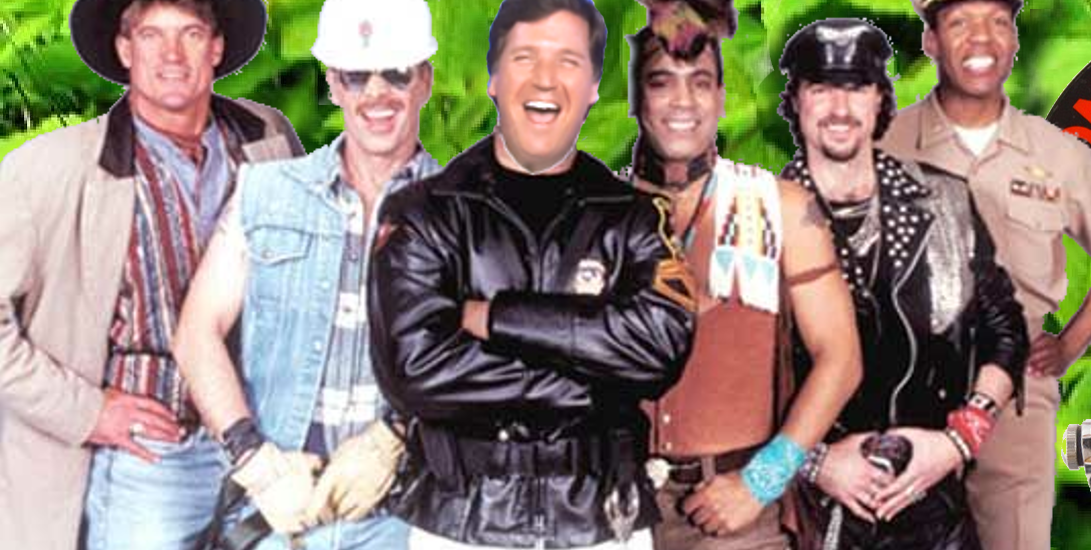Commentary — Steve Sailer is a serious intellectual who does very good journalistic and research work. The following article of his was taken from the Unz Review. It documents the absurd search results that come from Google for queries about American inventors, mathematicians, and scientists, which inflate the accomplishments of blacks to a degree formerly thought impossible.
For decades, ever since Black History Month (and even before), school kids have to do essays on historic blacks. Because blacks are so unaccomplished in any endeavor outside sports, entertainment, and civil rights, black inventors became a common theme for essays. If Google’s results are due on an algorithm based on the most common search requests, the Google search results may have more to do with social engineering in our public schools than Google intentionally manipulating history. Either way, this is part of a rewriting of history that we see in the media, in entertainment, and in education.
Great Moments in Google: “American Inventors”

If you go to Google and type in American inventors you get back from Google pictures of the top American inventors of all time.
The #1 American inventor of all time is Lewis Howard Latimer, who, I just learned, worked with both Edison and Bell.
Thomas Edison is in 6th place and a well-tanned Alexander Graham Bell in 9th place, with ten black inventors rounding out the top dozen.
In the second dozen, Samuel Morse is 19th, Eli Whitney 20th, and Ben Franklin 23rd. Everybody else is black.
The Wright Brothers don’t make the top 50 American inventors, according to Google.
Thanks to John Rivers’ Twitter account for this.
In contrast, if I Google Scottish inventors, I get:

If I type in French inventors, I get:

Presumably, Google must get a lot of requests for “African American inventors” and assumes that’s what you really meant when you ask for “American inventors.” After all, what kind of sick Nazi do you have to be to be interested in your fellow Americans irrespective of race? That’s racist!
This phenomenon appears to be tied into propagandizing schoolchildren in K-12. For example, if I Google American psychologists, a subject only of interest to college and above, I get a pretty reasonable list with William James at #1:

On the other hand, American mathematicians, which is more of a K-12 school report topic than psychologists, is pretty silly:

(On the other hand, #10 David Blackwell, a Berkeley statistician, is fairly legit.)
One interesting thing is that Hispanics and Asians are completely shut out of this phenomenon.
Microsoft’s Bing is similar but slightly less absurd with Edison edging out George Washington Carver for the top spot, and Latimer coming behind Franklin and Bell, with Tesla making the top dozen.

On Bing, Bill Gates is #22, behind Steve Jobs at #19 (Woz doesn’t make the top 50). Hedy Lamarr is #28. Bing’s list is more fun than Google’s, which is mostly just depressing.
Similarly, here’s Google’s American scientists:

And here’s Bing’s American scientists:

So, Bing’s list is once again less dismal. I don’t mind a sprinkling of Diversity Tokens, but when there’s no room for Oppenheimer or Feynman on Google’s Top Fifty (#8 and #17, respectively, on Bing’s list) because of all the black obscurities, well, that’s just stupid and boring.
If you type black inventors into Google, you get:

If you type white inventors into Google, you get:

If you type inventors into Google, you don’t get any pictures, you just get:

On the other hand, Google’s Mexican outlet, Google.mx gives you a much more plausible list of “inventor americano:”

The Mexican Top 50 American inventors includes 46 white men, two blacks, and two white women.
The 18th Century inventor John Fitch who is #12 on the Mexican list is an ancestor of 20th Century inventor John Fitch, inventor of those garbage cans filled with increasing amounts of sand that keep you from crashing into bridge abutments, who I’ve written about before. He was motivated to come up with his innovation when competing in the 1955 24 Hours at Le Mans auto race when his partner’s Mercedes sports car flew off the track at 150 mph and into the stands killing 83 spectators.
Fitch tested his invention by repeatedly crashing into his trash cans at speeds up to 70 mph.
But perhaps an even more awesome safety inventor than Fitch was Col. Dr. John Paul Stapp, the rocket sled guy who made himself into a human crash test dummy to discover how pilots could survive partial crashes and bailing out.
He decelerated from 632 mph to 0 mph in about a second, proving to aircraft designers that humans, if properly secured, could withstand much rougher landing than had been assumed.
After he retired from the military, Colonel Stapp campaigned to get American motorists to wear seatbelts.
Seatbelts were considered unmanly. My father, for example, didn’t start wearing a seatbelt until his 80s. There was a widespread belief that your best bet was to be “thrown clear” of the crash. (Indeed, Fitch’s partner was thrown clear at Le Mans, but, perhaps unsurprisingly, didn’t survive the landing.)
Colonel Doctor Stapp, however, who had volunteered for his own craziest tests, couldn’t be accused of unmanliness, so his campaign was influential.
It took human beings a long time to figure out it was a good idea to invent safety devices. Perhaps school children in the future will be taught the extraordinary stories of Fitch and Stapp.
But probably not, because who has room for remembering heroes like Fitch and Stapp who have saved maybe 100,000+ lives between them by risking their own lives to survive high speed crashes? Who has time, when there there is diversity to celebrate?




